For years, scientists have speculated that changes in Earth's climate may have weakened the once mighty Roman Empire. As a result, Roman Empire vulnerable to external threats, economic hardship, and internal conflict. These are believed to have been the reasons for the empire's collapse. Photo: Ancient-origins. |
In a recent study, scientists identified an important factor that could drive empire Rome on the brink of destruction. Photo: Public Domain. |
Specifically, the new discovery in Iceland suggests that a dramatic cooling event known as the Little Ice Age of the Ancient Era (LALIA), associated with a significant drop in global temperatures, likely played a large role in the empire's collapse. Roman Photo: Public Domain. |
Evidence discovered on a remote part of Iceland's coast suggests that LALIA, a period of intense cold caused by volcanic eruptions, was "more severe than previously thought," according to researchers. Photo: romecabs. |
Dr Thomas Gernon, professor of earth sciences at the University of Southampton and co-author of the study, said the cold snap had widespread consequences. Photo: romecabs. |
“This climate change could have been the last straw that led to the fall of the Roman Empire,” said Dr. Gernon. Photo: romecabs. |
The Little Ice Age, which began around 540 AD and lasted for two to three centuries, may have been caused by a series of major volcanic eruptions, the researchers say. These natural disasters released huge amounts of ash into the atmosphere, creating a layer of smog that blocked sunlight and cooled temperatures across the globe. Photo: romecabs. |
Scientists say the drop in temperature was enough to cause widespread crop failures, more livestock deaths, a sharp rise in food prices, and then widespread disease and famine across the Roman Empire. Photo: romecabs. |
This period of history also coincided with the outbreak of the Justinian plague in 541. This pandemic had a major impact on the Roman Empire, with an estimated 30-50 million deaths. At the same time, many continuous wars to expand the territory under Emperor Justinian also contributed to the weakening of the Roman Empire. Photo: romecabs. |
From this, researchers concluded that the events that occurred during the Little Ice Age of Antiquity (LALIA) pushed the Roman Empire to the brink of destruction. Photo: antigonejournal. |
Readers are invited to watch the video: Visit the Roman city, where time stopped for nearly 2,000 years.
Source: https://khoahocdoisong.vn/phat-hien-moi-he-lo-nguyen-nhan-de-che-la-ma-sup-do-post269122.html


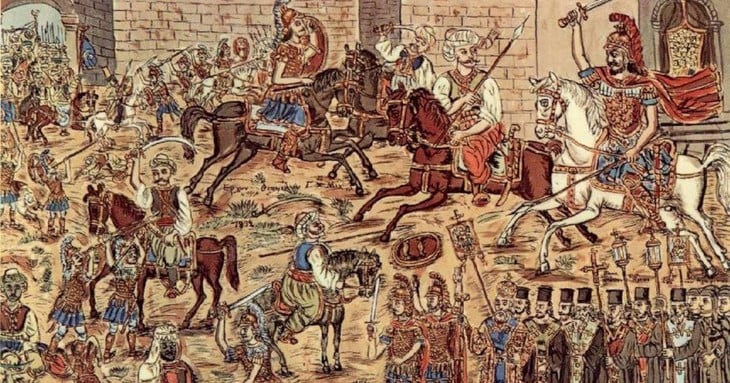
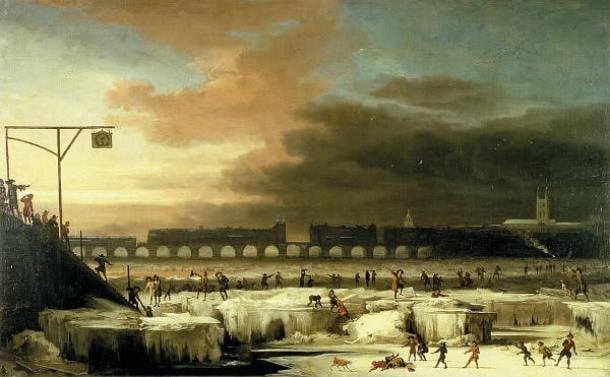
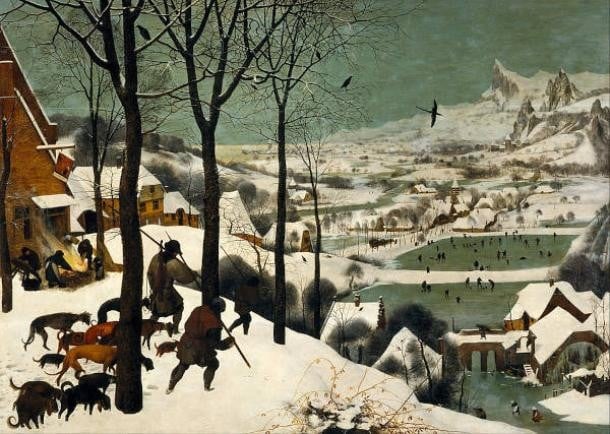
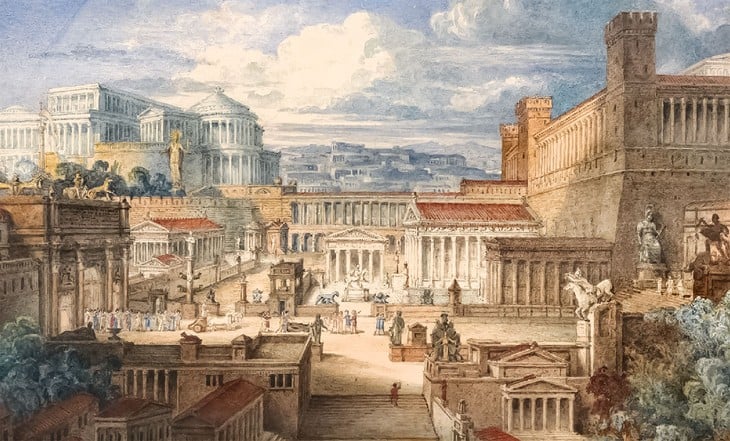
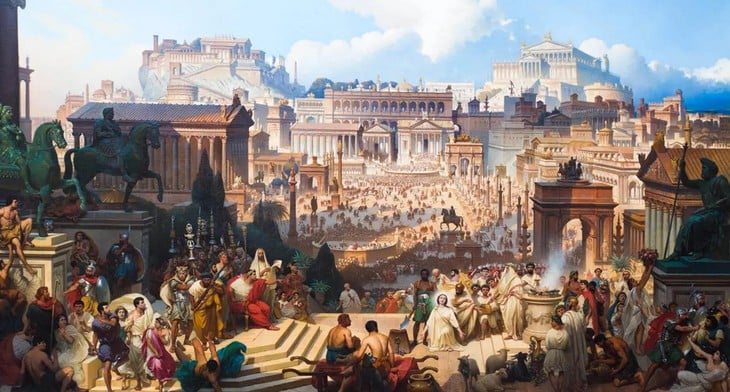
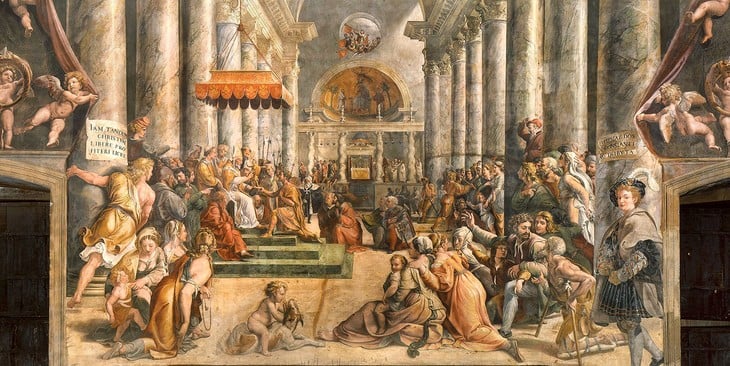
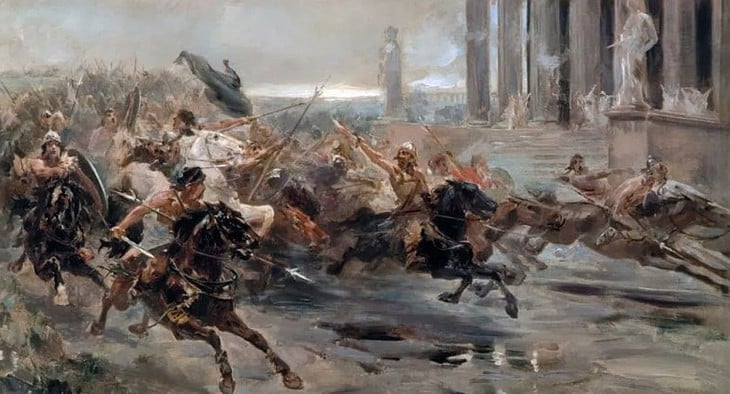
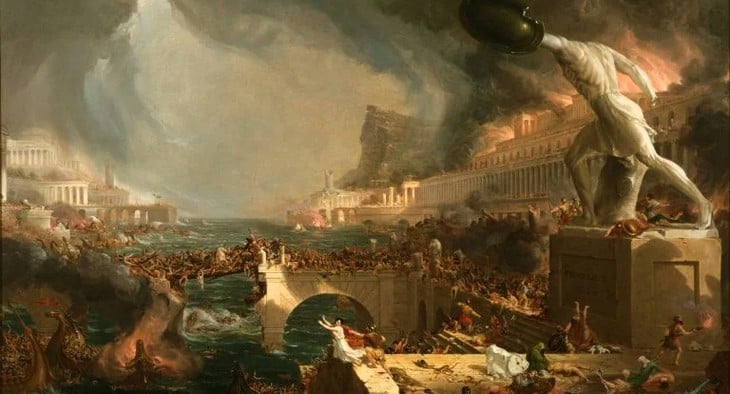
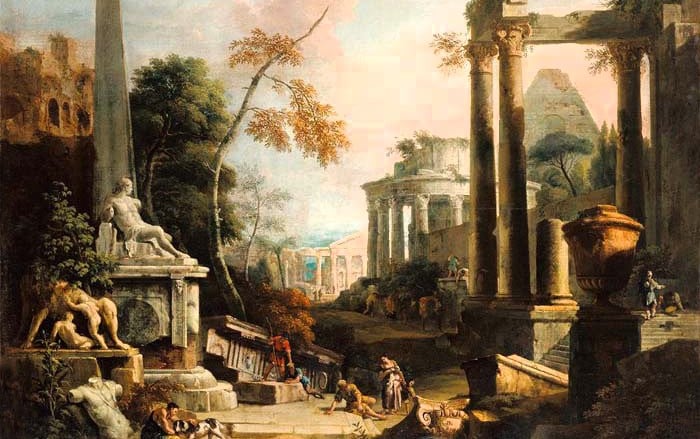
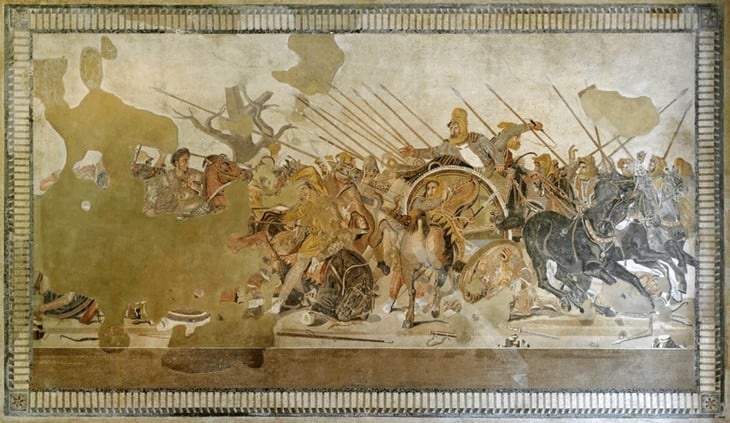
![[Photo] Russian military power on display at parade celebrating 80 years of victory over fascism](https://vphoto.vietnam.vn/thumb/1200x675/vietnam/resource/IMAGE/2025/5/9/ce054c3a71b74b1da3be310973aebcfd)
![[Photo] Ho Chi Minh City: Many people release flower lanterns to celebrate Buddha's Birthday](https://vphoto.vietnam.vn/thumb/1200x675/vietnam/resource/IMAGE/2025/5/10/5d57dc648c0f46ffa3b22a3e6e3eac3e)
![[Photo] General Secretary To Lam meets with Chairman of the Federation Council, Parliament of the Russian Federation](https://vphoto.vietnam.vn/thumb/1200x675/vietnam/resource/IMAGE/2025/5/10/2c37f1980bdc48c4a04ca24b5f544b33)
![[Video] 24-hour news on May 9, 2025: General Secretary To Lam officially visits the Russian Federation and attends the 80th anniversary of Victory Day in the Great Patriotic War](https://vphoto.vietnam.vn/thumb/1200x675/vietnam/resource/IMAGE/2025/5/10/5eaa6504a96747708f2cb7b1a7471fb9)
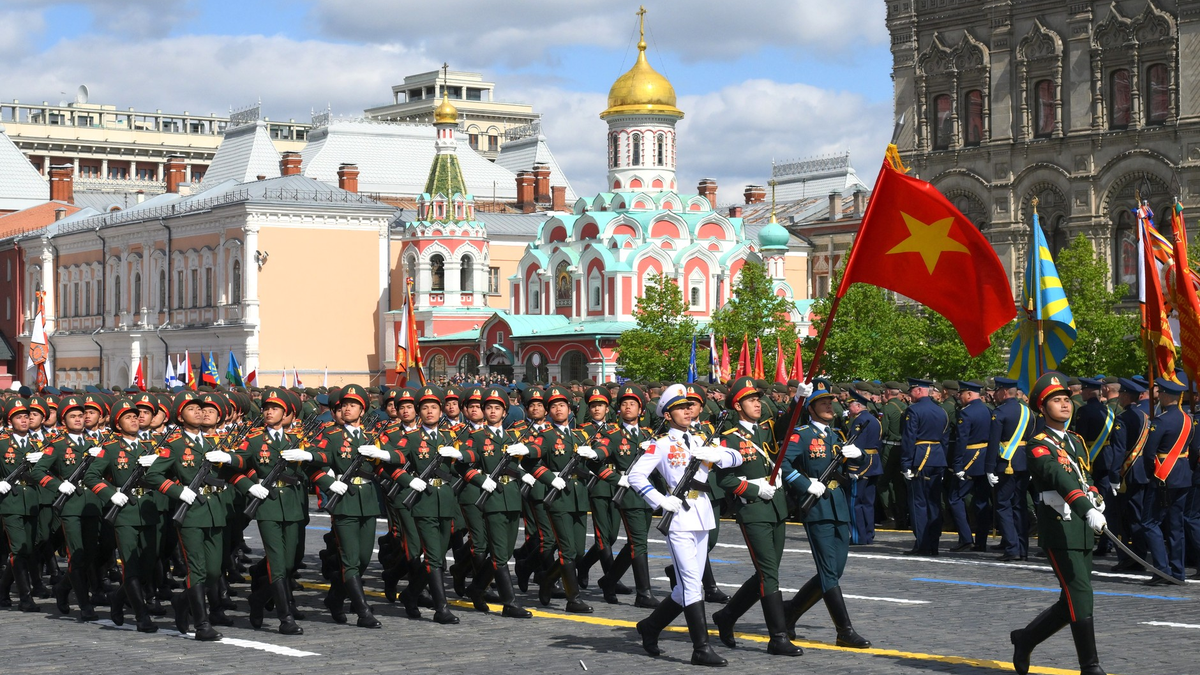
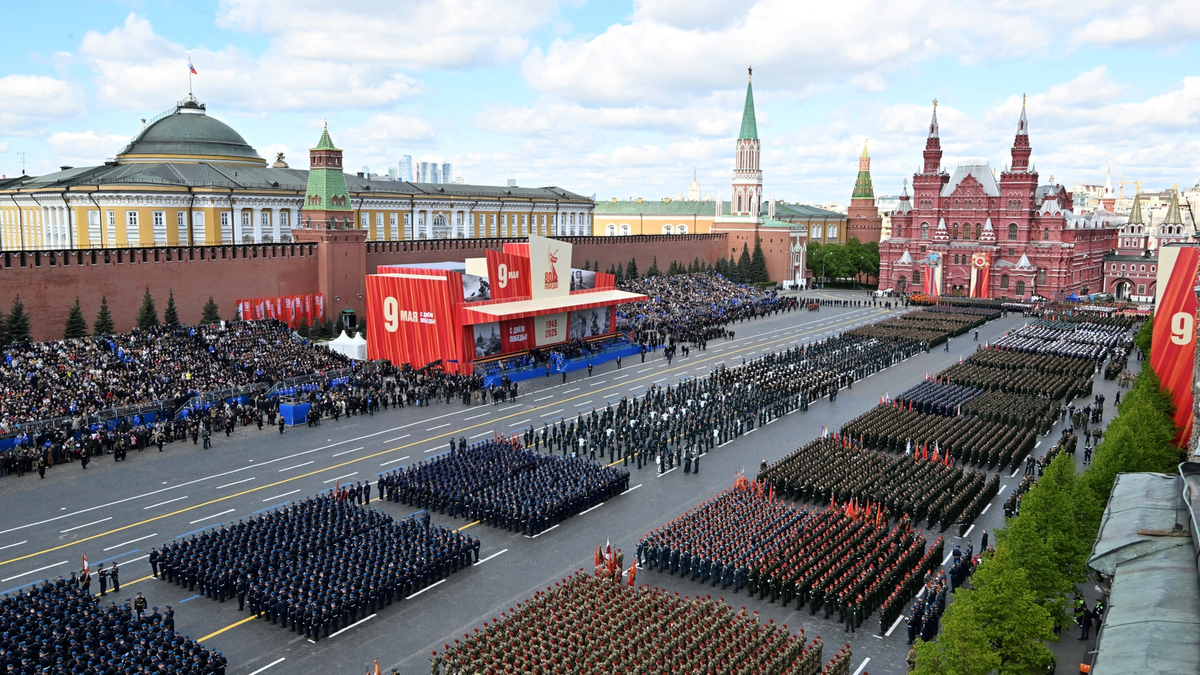
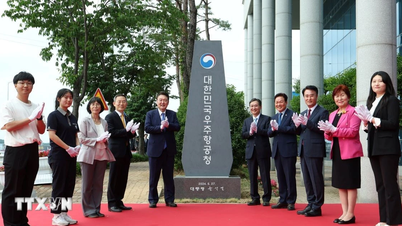
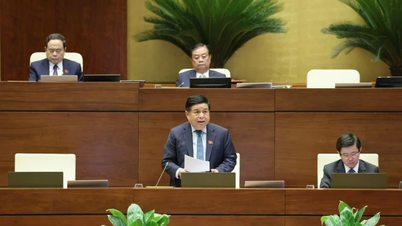



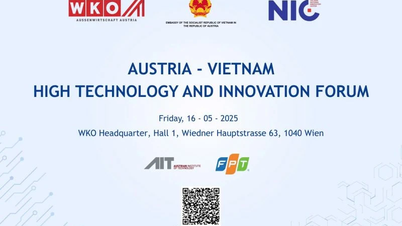










![[Photo] General Secretary To Lam and international leaders attend the parade celebrating the 80th anniversary of the victory over fascism in Russia](https://vphoto.vietnam.vn/thumb/1200x675/vietnam/resource/IMAGE/2025/5/9/4ec77ed7629a45c79d6e8aa952f20dd3)




























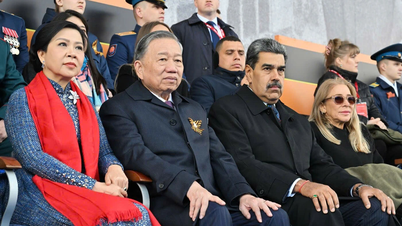










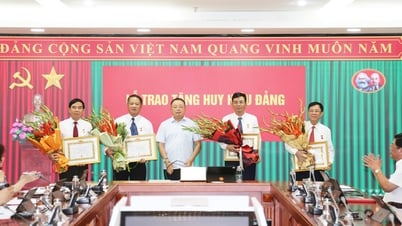

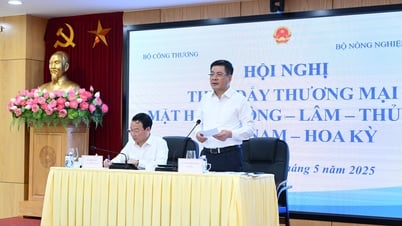


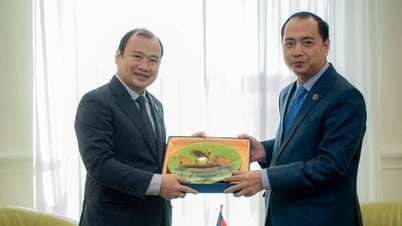
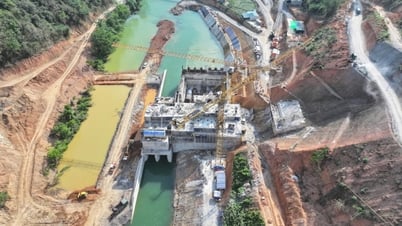



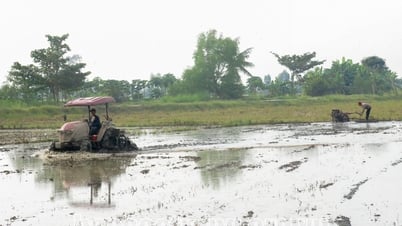



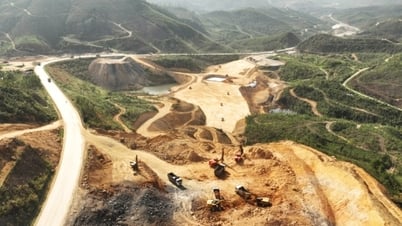

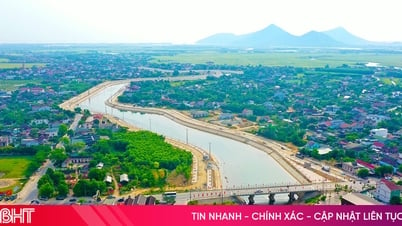











Comment (0)